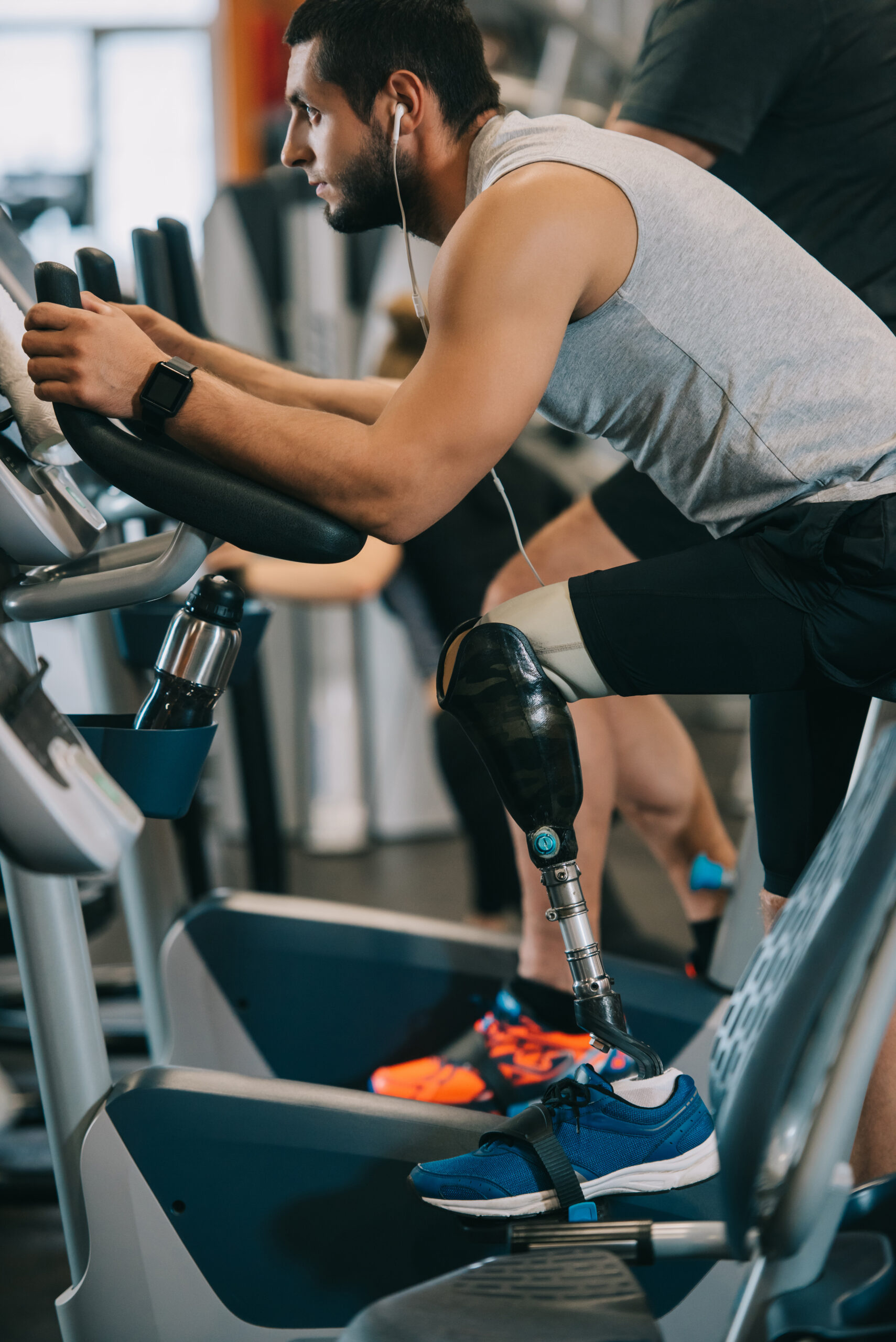Does sleep deprivation lead to more chronic pain?
Sleep is vital to humans, and some consequences result if we go without it for too long. This leads some to wonder if not getting enough sleep impacts pain sensitivities and one’s experience with chronic pain. Researchers set out to review the published studies on the topic to see what impact, if any, a lack of enough sleep has on pain.
The researchers conducted a search of studies that were published on the impact that sleep deprivation has on pain. They included 31 studies that involved 699 healthy people and 47 people with chronic pain. The study is published in the September 2022 journal Sleep Medicine Reviews (1) issue.
For those who are healthy, there was limited evidence that has been published that sleep deprivation reduced pain threshold and tolerance. There was moderate evidence that partial sleep deprivation increases spontaneous pain intensity. There was minimal evidence for those with chronic pain that even partial sleep deprivation aggravated spontaneous pain.
The researchers conclude that there are paradigms that increase pain sensitivity and pain sensitization in those who are otherwise healthy. However, they felt that the findings were inconclusive for those with chronic pain.
According to the National Institutes of Health, sleep deprivation occurs when someone doesn’t get enough sleep (2). They report that 1 in 3 adults do not get enough sleep daily and that 50 to 70 million people in the country have chronic sleep disorders. Despite the study, those with chronic pain likely know whether or not their pain feels worse if they do not get enough sleep.
Sleep deficiency, a broader concept than sleep deprivation, can lead to mental problems, a loss of productivity, interference with learning and working, and even how one reacts to things. Sleep problems can make people feel frustrated and worried and have a more difficult time judging the reactions of others. Additionally, sleep deficiency is linked to chronic health problems, such as obesity, stroke, heart disease, etc.
Adults should strive to get 7-8 hours of sleep per day. It’s a good idea to create a healthy sleep habit that includes going to bed around the same time each day, keeping the room dark and quiet, removing electronics from the room, and getting up around the same time each day. Most people tend to feel better overall with a consistent healthy sleep routine, which may help with chronic pain issues.
Sources:
- Sleep Medicine Reviews. The differential effects of sleep deprivation on pain perception in individuals with or without chronic pain. September 2022. https://pubmed.ncbi.nlm.nih.gov/36334461/
- National Institutes of Health. What are sleep deprivation and deficiency? https://www.nhlbi.nih.gov/health/sleep-deprivation







